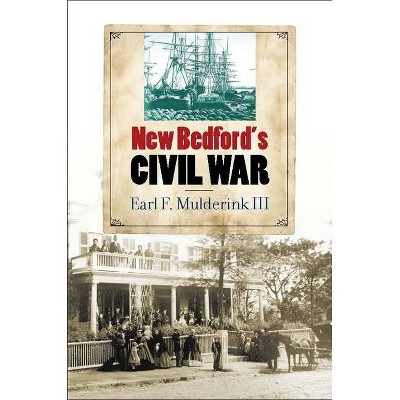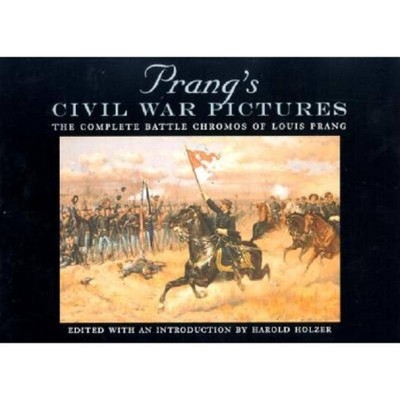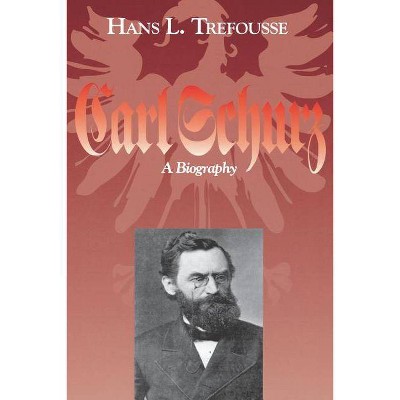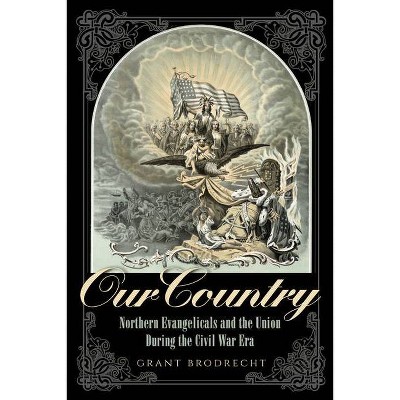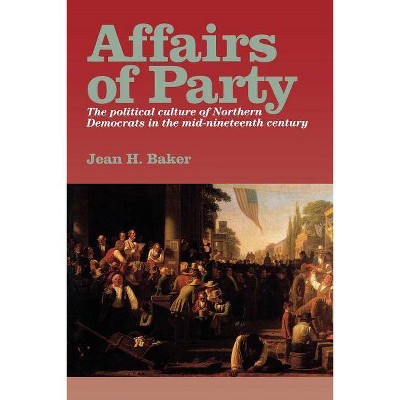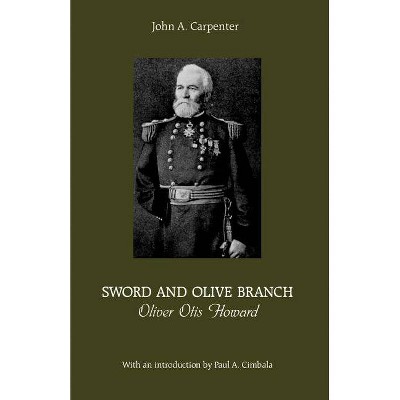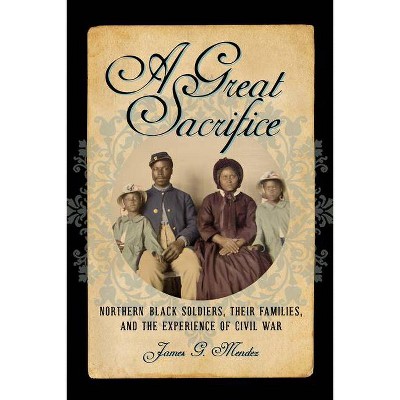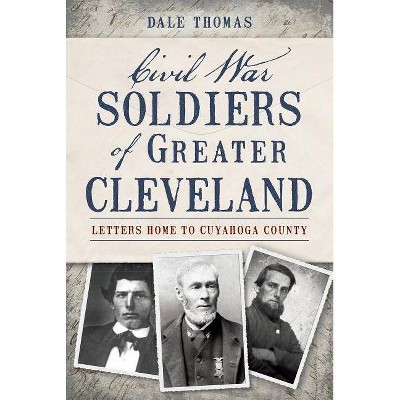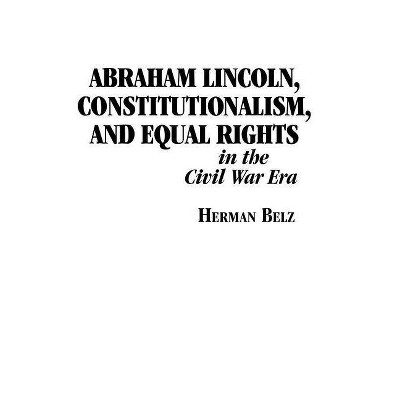Melting Pot Soldiers - (North's Civil War) 2nd Edition by William L Burton (Paperback)
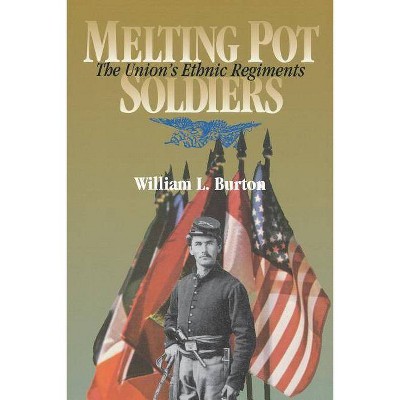
Similar Products
Products of same category from the store
AllProduct info
<p/><br></br><p><b> Book Synopsis </b></p></br></br><p>Melting Pot Soldiers is the story of the way immigrants responded to the drama of the Civil War. When the war began in 1861, there were, in most states in the North (primarily from Western Europe), large populations of immigrants whose leaders were active in American politics at the local, state, and national levels. Just as native-born Americans, both individually and collectively, reacted to war, so did these newcomers. A characteristic feature of the formation of the Union armies was the role played by politicians in the recruitment of the regiment, the basic unit of the army. Ethnic politicians (and a few were women!) like their native-born counterparts, actively recruited young men into regiments- in this case regiments based upon the country of origin of the recruits. <p/>There were dozens of such regiments, mostly German and Irish, but also a Scandinavian unit, a polygot outfit, and there was an attempt to form a Scottish regiment. AS the war progressed and casualties mounted, these regiments gradually lost their ethnic composition. Ethnic entreprenuers were the key figures in the organization of these regiments, and such men ordinarily intended to parlay their military service into a post-war political career. Burton examines the impact ethnic entreprenuers had during the war, both by their key role in the organization of their regiments and by their post-war political careers.</p><p/><br></br><p><b> From the Back Cover </b></p></br></br>Melting Pot Soldiers is the story of how immigrants responded to the drama of the Civil War. When the war began in 1861, there were, in most states in the North, large populations of immigrants (primarily from Western Europe) whose leaders were active in American politics at the local, state, and national level. A characteristic feature of the formation of the Union armies was the role played by politicians in the recruitment of the regiment, the basic unit of the army. There were dozens of such regiments, mostly German and Irish, but also a Scandinavian unit, and there was an attempt to form a Scottish regiment. As the war progressed and casualties mounted, these regiments gradually lost their ethnic composition. Ethnic entrepreneurs were the key figures in the organization of these regiments, and such men ordinarily intended to parlay their military service into a post-war political career. Some succeeded; some lost their lives. The book stresses the social and political situation in the Union states from which the phenomenon of the ethnic regiments emerged, the individual leaders involved, relationships with the larger society, political fighting within and between the various ethnic groups, and the impact the war had on the ethnics. Central to this book is the theme that the war promoted assimilation - something of a paradox given the creation of separate regiments. Most immigrant volunteers, by the way, served in regiments that were not of specific ethnicity.<p/><br></br><p><b> Review Quotes </b></p></br></br><br>"Thoroughly researched. . . ."-- "--The Civil War News"<br>
Price History
Price Archive shows prices from various stores, lets you see history and find the cheapest. There is no actual sale on the website. For all support, inquiry and suggestion messages communication@pricearchive.us
